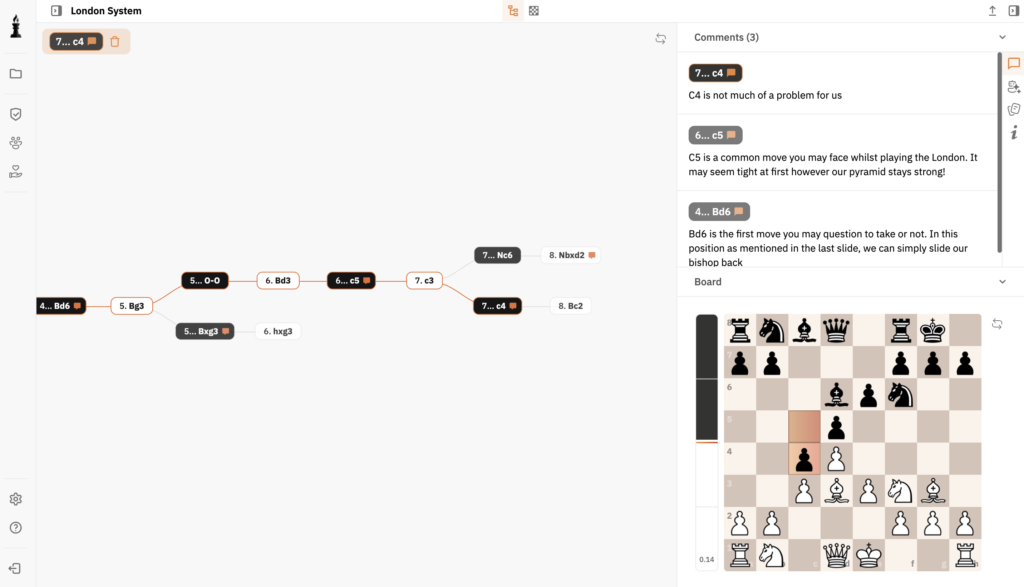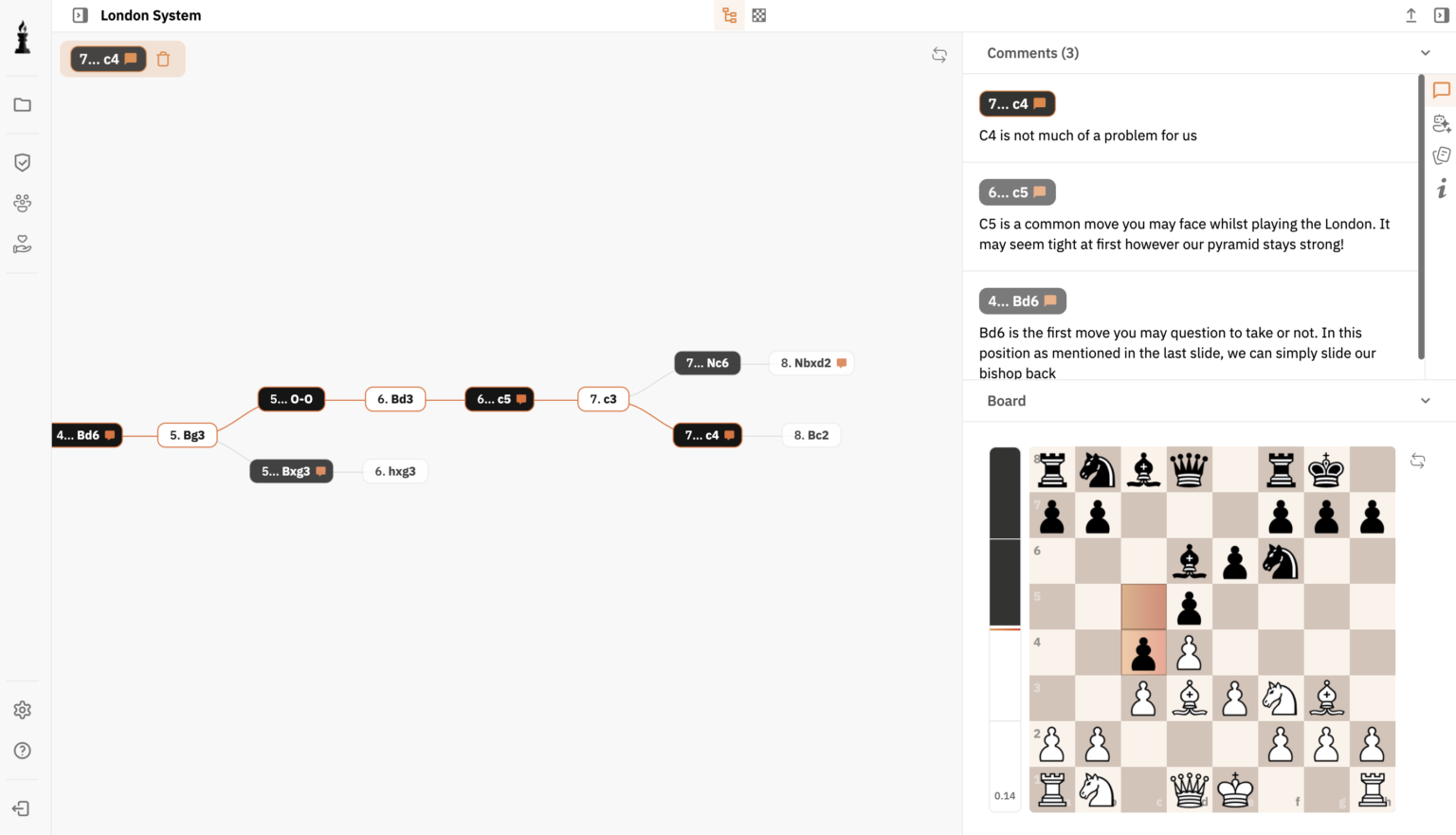Introduction
Chess is not just a game; it’s a phenomenon that has embedded itself within the cultural fabric of societies worldwide. More than just a board with pieces, chess is a reflection of strategic thinking, a metaphor for life, and a conduit for cultural exchange.
Historical Roots and Cultural Reflection
Chess originated in the Indian subcontinent, known as chaturanga, before spreading across Persia and the Islamic world, eventually reaching Europe. This journey is emblematic of the cultural exchange facilitated by the game. Chess History: Growth Through Cultures offers a deeper look into how cultures have exchanged ideas through chess.
Chess as a Traditional Symbol
In many ways, chess acts as a traditional symbol woven into the history of various cultures. For example, during the Renaissance, it was considered a tool for teaching strategic thinking to nobility. Meanwhile, in Russia, it became a national pastime, with chess clubs present in almost every city, indicative of its influence on Russian culture.
Chess in Modern Times
In the contemporary context, chess remains a global pastime but has also become a field where technology and tradition intersect. The introduction of chess engines like Stockfish has revolutionized how players analyze the game, enhancing the competitive scene.
Technology and Chess
The fusion of chess and technology has led to significant advancements, with players using platforms like the Chess Games Analysis tool to improve their play by studying game data and detecting patterns. This combination of ancient strategy and modern technology highlights chess’s adaptability and enduring relevance.
Chess and Social Structures
Women’s Role in Chess
Throughout history, women’s roles in chess have evolved, breaking stereotypes and challenging norms. Women’s titles, such as Woman International Master (WIM) and Woman Grandmaster (WGM), represent increasing recognition of women’s contributions to the chess world.
Chess as a Social Equalizer
Chess is fundamentally egalitarian, providing a level playing field regardless of age, gender, or social status. This universal appeal allows it to foster communities and bridge cultural divides. Many grassroots initiatives use chess as a tool for social development, highlighting its role as a cultural equalizer.
Chess and Education
Chess is widely acknowledged for its educational value. Schools around the world incorporate chess into their curriculums to train students in critical thinking and strategic planning. Resources like the Online Chess Database offer educational platforms to guide young learners in understanding complex game strategies.
Cognitive Development Through Chess
The cognitive benefits of chess are significant, contributing to improved concentration, memory, and problem-solving skills. The strategic elements inherent in the game require players to anticipate opponents’ moves, fostering an environment of critical evaluation and planning.
The Universal Language of Chess
Chess as an International Language
Chess transcends cultural and linguistic barriers, serving as a universal language that unites players worldwide. Whether through informal street games or prestigious international competitions, chess facilitates interactions and connections across different cultural backgrounds.
Cultural Events and Chess
International tournaments serve as a melting pot for cultures, where players from diverse backgrounds converge. These gatherings celebrate not just the game but also the cultural exchanges they promote, reinforcing chess as a symbol of global unity.
Conclusion
Chess has and continues to be more than just a game; it is a cultural bridge and social integrator. Through its historical roots and modern evolution, chess reflects our collective human journey and stands as a testament to our shared cultural heritage.
Technology, particularly in the form of chess engines like Stockfish, has drastically transformed chess analyses, enabling deeper strategy explorations and enhancing competitive play.
Chess has been utilized in education to develop critical thinking, improve memory, and foster strategic planning, showcasing its value beyond entertainment.
Chess acts as a social equalizer by providing a level playing field and fostering inclusive communities, bridging divides across gender, age, and social status.
International tournaments serve as cultural gatherings where players from diverse backgrounds interact, promoting cultural exchange through shared passion for chess.





